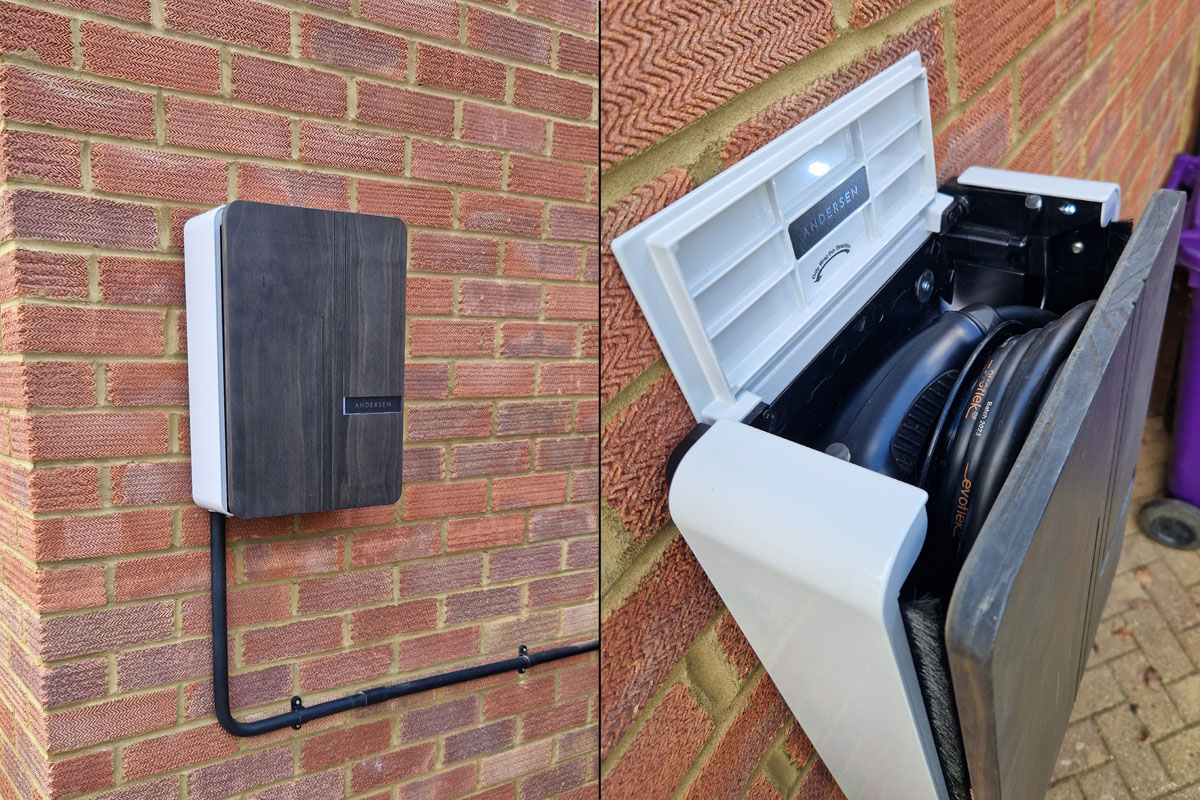In terms of facilitating a transition to electric vehicles in the UK, yesterday’s budget was something of a curate’s egg.
As we’ve mentioned elsewhere, there was widespread disappointment among environmental and health groups that fuel duty was held back yet again but what was done to encourage a move away from the internal combustion engine?
The budget contains the following commitments which aim to decarbonise the transport sector:
- Investing over £200 million in 2025-26 to accelerate the rollout of electric vehicle charging infrastructure, including funding to support local authorities to install on-street charge points across England.
- Providing £120 million in 2025-26 to support the purchase of new electric vans through the plug-in vehicle grant and to support the manufacture of wheelchair-accessible electric vehicles.
- Extending the Advanced Fuels Fund for a further year to support the producers of sustainable aviation fuel.
However, it’s one thing to make using EVs more convenient but to accelerate the transition, the alternatives need to become less attractive. So has that happened?
Colin Walker, Head of Transport at the Energy and Climate Intelligence Unit, expressed satisfaction with the increase in first year excise duty on new petrol and diesel cars: ‘Any car that produces more than 76g CO2/km (which is pretty much all non-hybrid petrol & diesel cars) sees the the VED paid on it in its first year doubled. This will only serve to make the lower lifetime ownership costs of an EV compared to a petrol car even more pronounced.’
Read more: AirQualityNews






